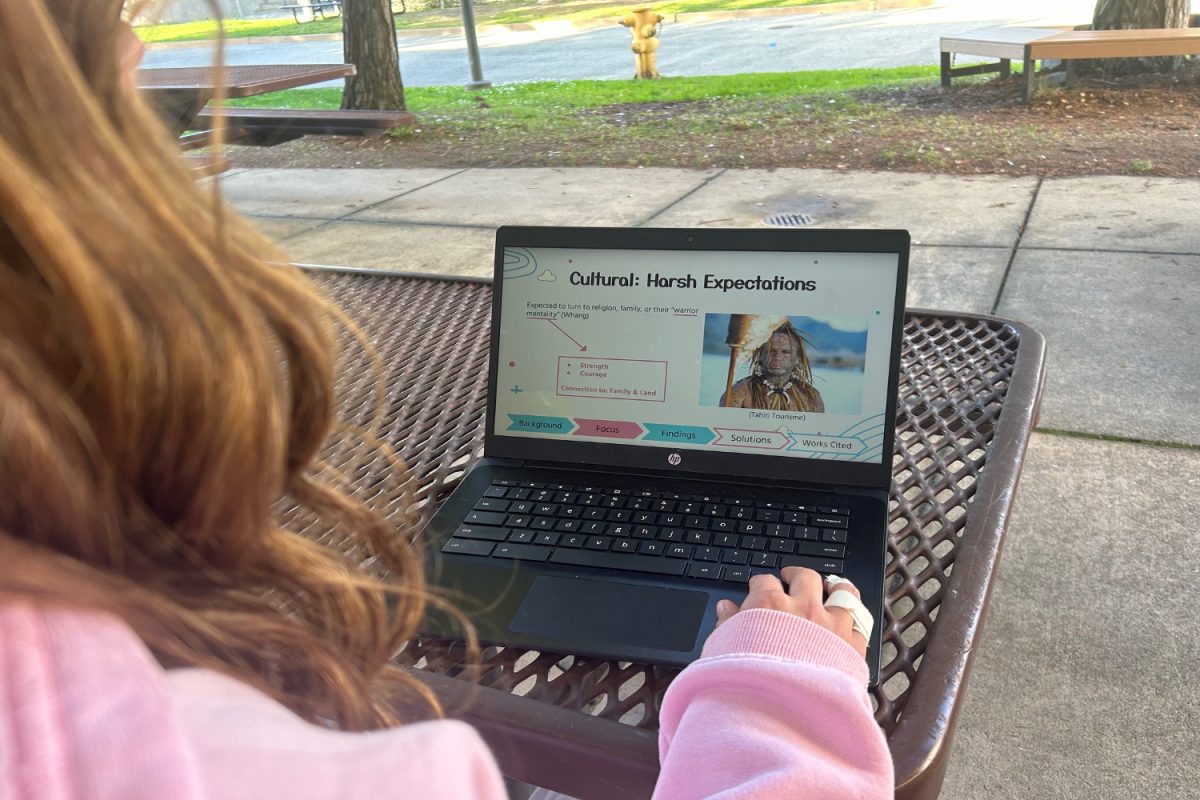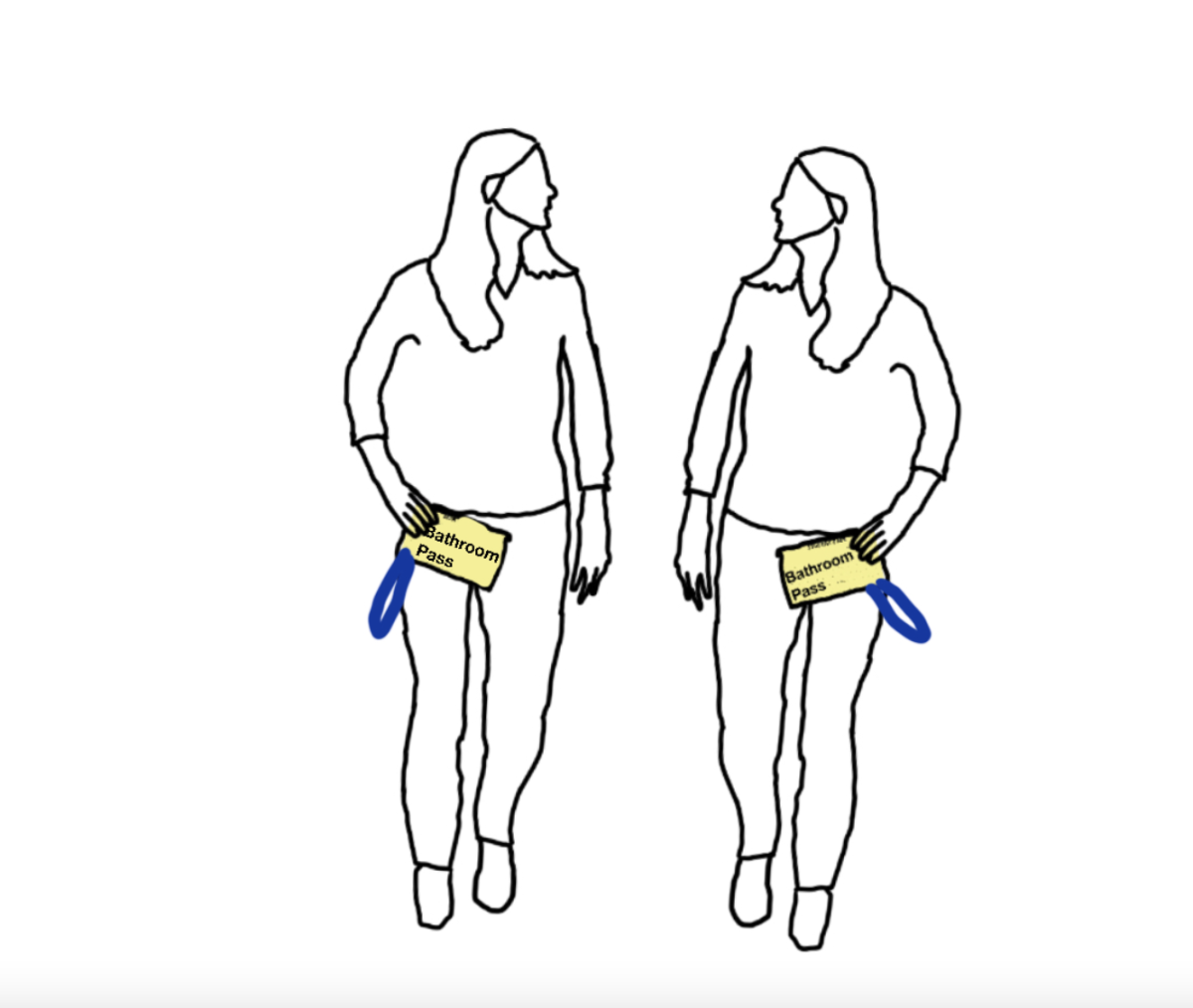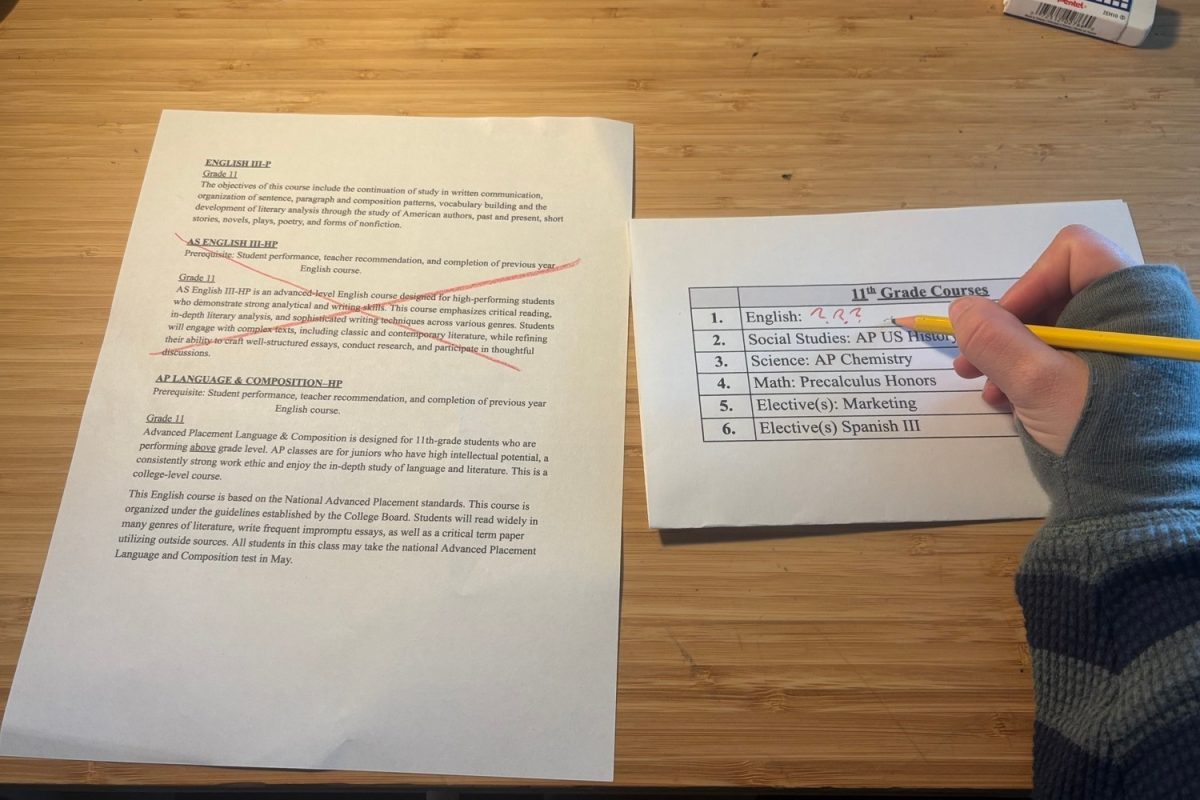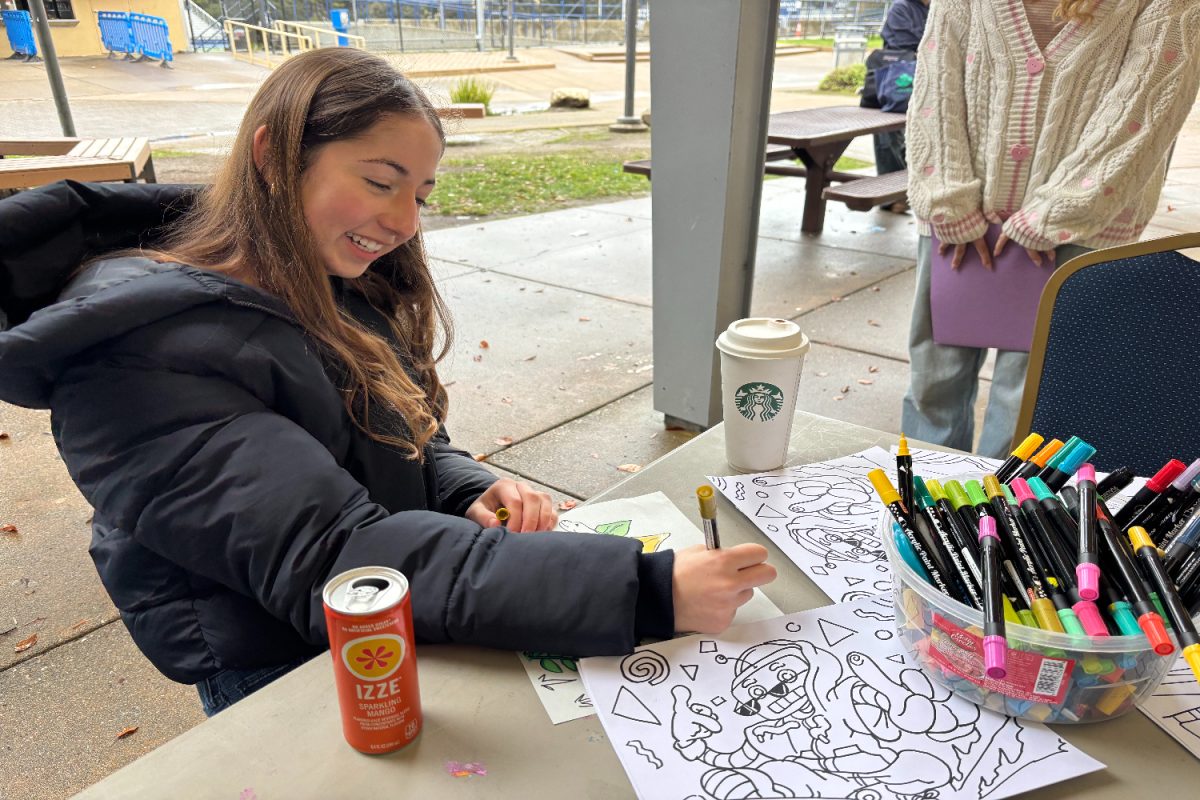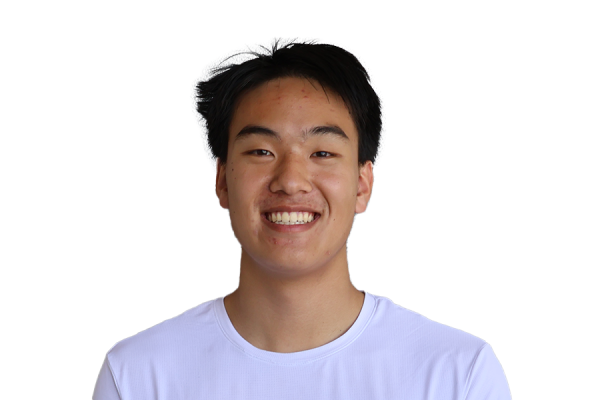Carlmont has implemented an ethnic studies course this year for freshmen, and with a new class comes an entirely new set of homework and classwork assignments.
According to Instructional Vice-Principal Gay Buckland-Murray, Ethnic Studies is replacing World Studies. All freshmen are required to take the course, and it will last three-quarters of a school year due to Life Skills also being a required freshman course.
The focus of Ethnic Studies is to show counter-narratives to the history currently taught and offer different perspectives of various races in history, according to the Sequoia Union High School District Ethnic Studies Scope and Sequence. Gavin Newsom mandated the creation of ethnic studies in high schools across California.
Buckland-Murray also shared how the homework of ethnic studies compares to world studies.
“I don’t anticipate that the workload will be dramatically different from prior years’ expectations that came out of world studies. [It will be] about the same as the previous world studies ninth-grade class,” Buckland-Murray said.
Freshman Noah Jacob shared his thoughts on the current workload of the course.
“[I don’t get] a lot of homework each day. Just some worksheets,” Jacob said. “About one worksheet per two days. Each worksheet takes about 10 minutes. We watch a video and answer questions about it.”
Leonard Jin, a freshman, barely feels the stresses of homework from ethnic studies at all. He claims that there is near-zero homework for him from ethnic studies.
“I don’t really get homework. Basically, if you don’t finish your classwork, it becomes homework,” Jin said.
Justin Yam, a freshman, also commented that he does much of his ethnic studies homework in class.
“[It’s] not a lot of homework. We do a lot of homework in class,” Yam said. “We annotate theories about race and gender inequality.”
Additionally, students find the ethnic course to be quite helpful and enjoyable. This interest is especially true regarding the social skills that ethnic studies are trying to teach.
“I like the stuff [Ethnic Studies] teaches, just to make sure that history doesn’t repeat [itself], for example, racism. I know how to be respectful and not say offensive things,” Jin said.
Looking into the second semester of ethnic studies, students will gradually tackle more different tasks and skills. They will involve writing and talking in a respectful manner that Ethnic Studies aims to teach.
“It is a progressive skill set development,” Buckland-Murray said. “One of the things that we’ve talked a lot about with the ethnic studies team is oral questioning, debate, and dialogue. Respectful dialogue has been a big part of the conversation around Ethnic Studies. [Writing] is part of the curriculum, but it will be developed over time, primarily during the second semester to prepare students for their world history class and their 10th-grade year.”
For the most part, freshmen students think the change was a good choice.
Freshman Matthew Lee said, “I enjoy [Ethnic Studies] because it’s interesting. It’s because I’ve never had a class like this before.”

![Ethnic studies students focus and take notes on a video about the importance of ethnic studies. “[It’s] not a lot of homework. We do a lot of homework in class,” Yam said.](https://scotscoop.com/wp-content/uploads/2021/10/IMG_1385-900x675.jpg)


